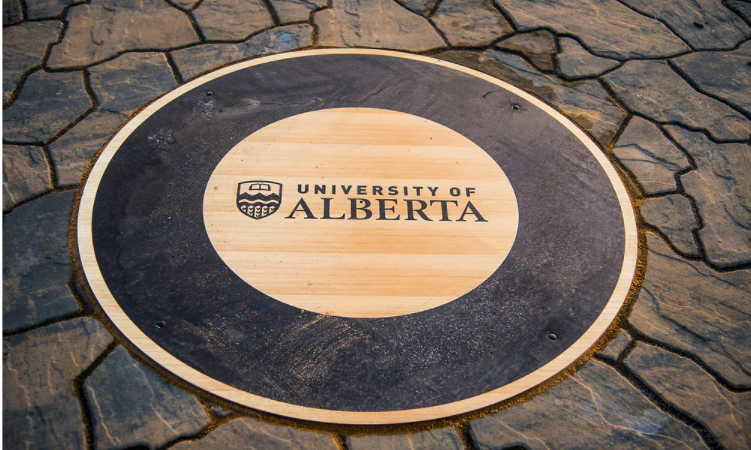
As President Turpin wrote on June 1, we all have work to do to transform our communities and close the gaps of inequity, and as many of you have highlighted, we at the University of Alberta must continuously commit to doing our part to address racism, inequality, and exclusion. The dialogues unfolding now are a continuation of the conversations that have highlighted and driven the movements that have brought us to today, and that will push us further forward.
The U of A's Equity, Diversity, and Inclusivity (EDI) Scoping and Action Groups have and continue to guide the work that our community is doing to strengthen EDI on our campuses. Our EDI Scoping and Action Groups exist to increase the representation of those most directly affected by inequity, including those impacted by racism. These groups also aim to build the capacity of allies, so that in working together, we can improve EDI in all aspects of the community. These groups bring together faculty members, staff, students, EDI scholars and advocates from across our campuses. They have worked in consultation with the larger U of A community to create the U of A's Strategic Plan for Equity, Diversity, and Inclusivity.
This morning, the Board of Governors approved a major revision of the university's Recruitment and Selection of Employees Policy Suite. These revisions will better ensure that our recruitment and employment processes are equitable and inclusive, and conducive to achieving greater diversity of the university community. To do this, we will ensure that selection committees are more diverse and that their members have met requirements for bias awareness. We will also make sure that recruitment outreach efforts more proactively extend to potential applicants from underrepresented groups. The plan also outlines projects to study the current state of pathway programs and retention strategies so that we can better develop and share best practices across the university.
Associated with these Recruitment and Selection Policy revisions, training and bias-awareness programming for the U of A's internal community is also being shared, further developed, and implemented. Examples of this include, senior leaders in the U of A community taking part in foundational learning activities focused on how to best build capacity within their portfolios for EDI leadership, bias awareness, and recruitment. In addition to this, the U of A's senior academic leaders have all committed to and are formally accountable for establishing and achieving annual EDI goals within their respective portfolios. Measuring this progress is now part of their annual performance review processes.
Other examples of programming efforts include the delivery of bias training for faculty and staff, as well as historical trauma training for members of the U of A community. This is a small sample of what is underway.
Much of this work does require a better understanding of our demographics. As we shared in the Fall of 2019, we are committed to fostering a diverse workforce in an equitable and inclusive work environment. To assess progress toward this goal, we conducted our first demographic census to collect data on relevant equity, diversity, and inclusion measures. The results of the Workforce Diversity Census are being analyzed and will be an important tool as data will be critical for us to assess our progress as we move towards our EDI goals. The census will be carried out every three years.
Efforts to ensure the diversity and inclusivity of our student body continue too. This can be seen by the work carried out by groups including our recruiters (both in the Registrar's Office and across all faculties), First Peoples' House, University of Alberta International, the Indigenous Recruitment Team, Student Groups Services, and U of A Libraries - in addition to many other units and individuals who are committed to weaving the principles and practices of EDI into their day to day support of students.
Our commitment to equity, diversity and inclusion will not change, even in light of budgetary constraints. When our community works together, we can ensure equity, diversity, and inclusivity thrives. There is much more work to be done and we look forward to ongoing dialogue with members of the U of A community to understand and identify gaps and barriers and to shape future priorities.
To everyone who has expressed your commitment to this collective effort, and to those who have asked us to do better, thank you.
~ Wendy & Deborah
Wendy Rodgers and Deborah Williams
Co-Chairs, Equity, Diversity, and Inclusivity Scoping GroupEquity, Diversity, and Inclusivity Scoping Group